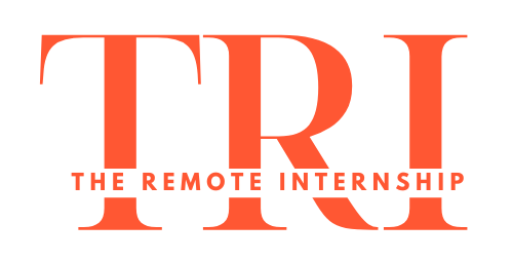The Forbes Spain list lists nine aspects that can compromise your permanence in a selection process.

According to Forbes Spain magazine, “there are decisive aspects that will determine whether or not the person responsible for hiring you grants you a personal interview”, including the curriculum you present, either for a new job or a scholarship.
Good impressions are always decisive when you are looking for a job. Your resume is the cover letter that, depending on its content and style, will be the key to capturing interest in front of a potential
Here are the mistakes that, according to Forbes, “will send your CV to the trash”:
- Typos and grammatical errors: Watch out for your wording! The way you write about yourself and your experience will provide positive or negative clues to the recruiter. If your resume has typographical or spelling errors, it could be seen “as a lack of interest that can be shared by the person responsible for reading your resume and arranging a job interview,” says the magazine.
- Inappropriate links: ” There are jobs that may require an account in a social network, it is preferable to omit it if your profile is not suitable for the position, “is recommended in the publication. Social media is a double-edged sword. These can play a bad game if you publish content that is not related to your work portfolio or that is not liked by the employer.
- ‘White’ lies: Recruiters are cautious in their work; their task is to find the profile that firmly fits the vacancy. For this reason, do not exaggerate or deceive with skills and knowledge that you do not develop to the required level; You must “be honest and show a willingness to learn and expand your experience.”
- Salary Information: The publication advises that this aspect should preferably be addressed during the interview, since “information about the salary of the jobs you perform or have performed is totally unnecessary and may discourage our potential hires.”
- Ridiculous typography: Don’t try to ‘aesthetically’ impress the recruiter with your resume unnecessarily. If the position you’re applying for doesn’t require a high level of design, you can “use the simple fonts that come by default in Word,” using a font type that’s not readable or exaggerated can rule you out as an option, Forbes says.
- Do not mention our skills or experiences: Use dots or bullets that locate important dates and facts about your experience in previous positions and projects. Forbes recommends that this “information does not go in a single block where the person in charge of interviewing you has to search to get useful data from an alphabet soup.”
- Include what we don’t know how to do: Today, companies value the willingness to learn, but they do not seek to find an applicant who ‘sells’ in a negative way and highlights knowledge that he lacks. “Let’s not confuse being honest and, where appropriate, acknowledging lack of experience with mentioning everything we don’t know how to do,” the publication suggests.
- Nonsensical format: In general, most sectors require a resume that has an attractive but readable and simple presentation. Using a more ‘creative’ design is especially used “for designer or publicist positions, it can be a point in our favor”.
- Include totally irrelevant experiences: Keep specific points in your career that relate to the position you’re applying for. ” Adding experiences that do not contribute anything to your candidacy subtracts, and can mean the landing of your resume in the pile of no, “concludes the Forbes note.

